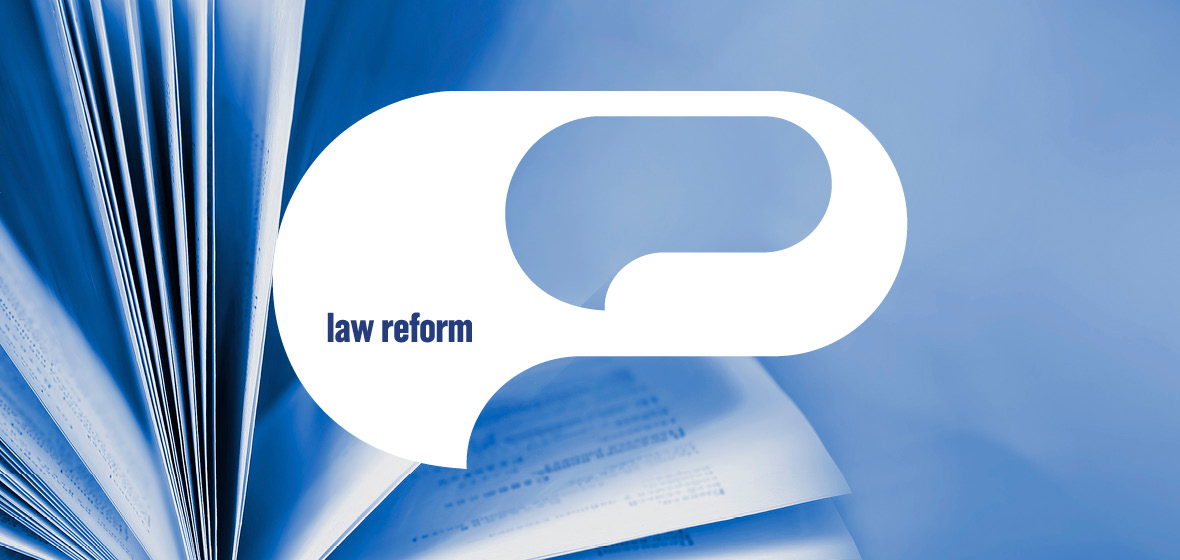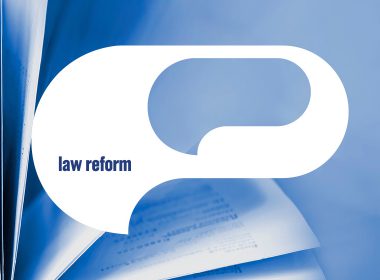Key developments
- Terrorism (Police Powers) Amendment (Investigative Detention) Bill 2016
- Review of the NSW Motor Accidents Compulsory Third Party Scheme (‘CTP Scheme’)
- Optional Protocol to the Convention against Torture (OPCAT) in the context of Youth Justice Detention Centres
- Statutory review of the court costs levy imposed by section 211A of the Criminal Procedure Act 1986
- Third party claims on insurance money – review of the Law Reform (Miscellaneous Provisions) Act 1946
- Inquiry into Elder Abuse in NSW
- NSW Health Consultation on Advance Care Directives
- Draft Strata Schemes Management Regulation 2016
- Draft Strata Schemes Development Regulation 2016
- Jurisdiction of the District Court
Terrorism (Police Powers) Amendment (Investigative Detention) Bill 2016
The Human Rights and Criminal Law Committees prepared a submission that was sent to the Government, Opposition and cross bench members opposing this Bill. The Bill has passed without amendment.
The Bill creates a new type of detention for prevention and investigation. Police are able to arrest a ‘terrorism suspect’ for up to four days without a warrant for these purposes, and may hold this person without charge for up to 14 days with a warrant issued by a Supreme Court judge acting as persona designata (an arm of executive government rather than as a judicial officer).
‘Arrest’ usually takes place for the purpose of charging a person with a criminal offence based on past conduct. However, the proposed investigative detention framework allows for ‘arrest’ and detention for the purpose of investigation of past or future conduct, as well as the prevention of future conduct. This framework sits outside the usual criminal justice framework, and creates serious difficulties in respect of usual common law and human rights protections – including in respect of the right not to be subject to arbitrary detention, the right to be brought before a court without undue delay, and the right to a fair hearing.
This framework applies to children as young as 14 years old, and no exemption is made for people with cognitive impairments.


